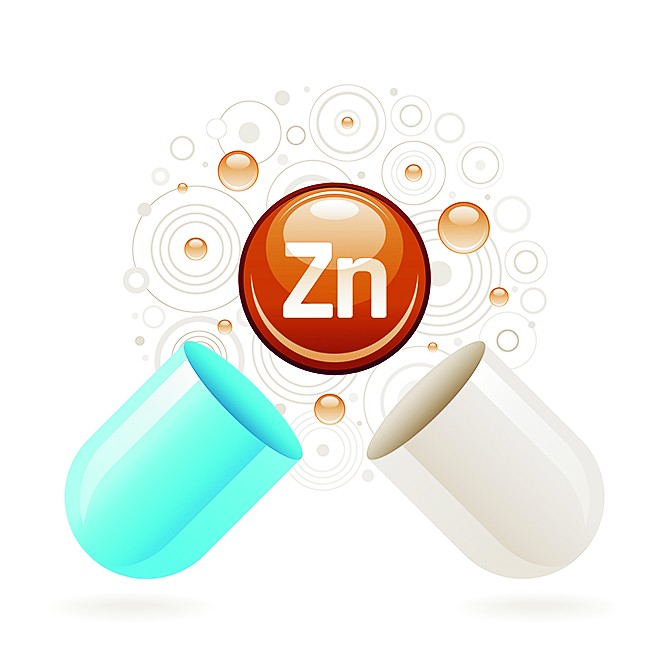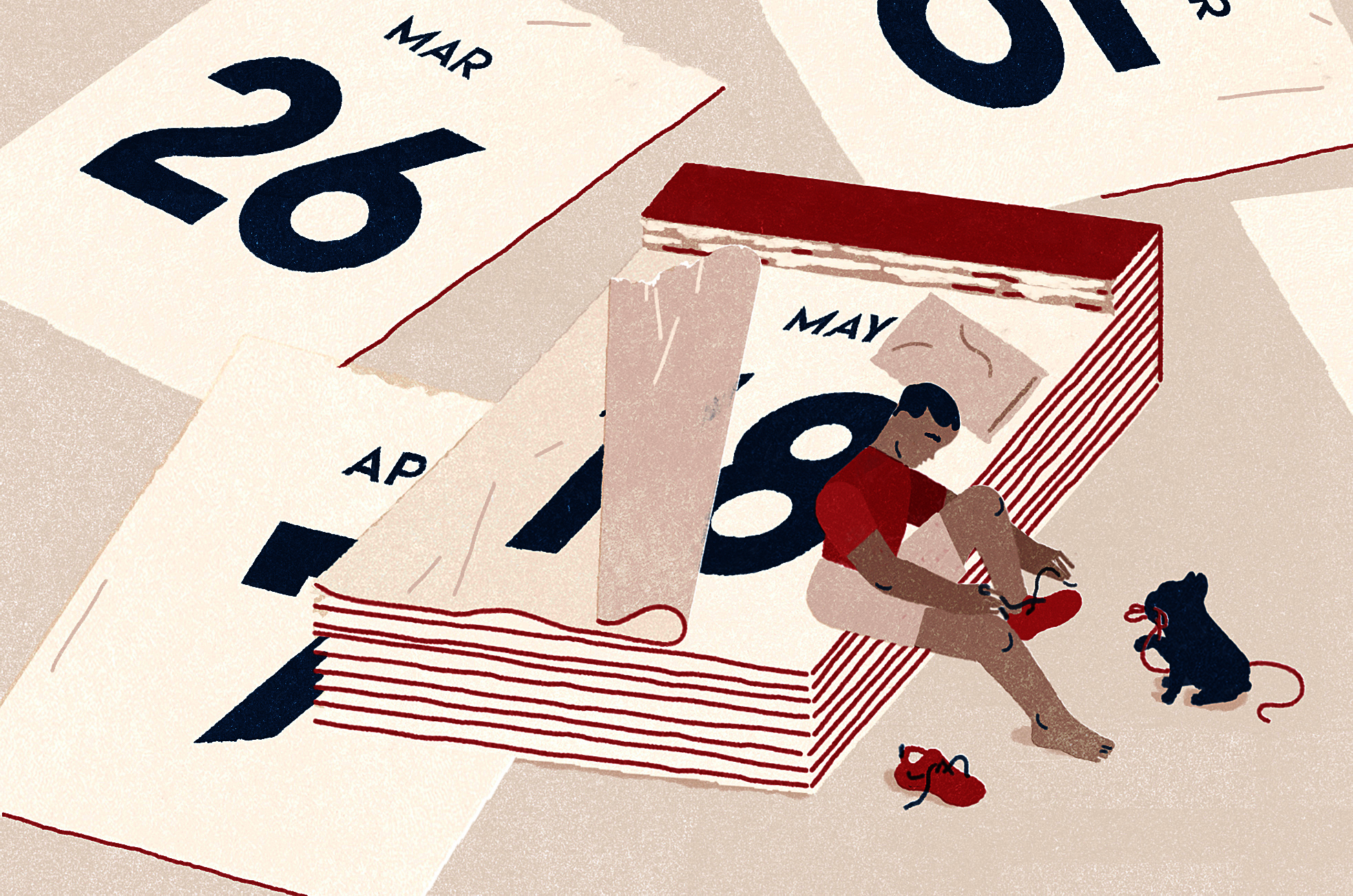Zinc is a metal, a mineral mined in many places all over the world, including India. The adult human body, when reduced to ash, is found to contain about two to three grams of zinc. During life, zinc is found mainly in organs such as the heart, liver, spleen, muscles and bones.
Usually, we get enough of this mineral through the consumption of red meat, chicken, nuts and lentils. In some countries, breakfast cereals are fortified with zinc. The daily requirement of zinc is 8 milligrams (mg) for women and 11mg for adult men.
Even though the daily requirement is minuscule, deficiency of this mineral is fairly common. It occurs when the diet consists mainly of cereals and is deficient in animal protein. Vegetarian food such as nuts and legumes contain zinc but the concentration is less. Also, cereals and vegetables contain phytic acid. During the process of digestion, zinc reacts with phytic acid to form insoluble zinc phytate which cannot be absorbed in the small intestine. Deficiency can also occur if absorption of zinc is poor. The intestinal mucosa may be damaged by frequent attacks of diarrhoea, parasite infestation, alchoholism, liver disease or kidney failure.
All our organs and systems require zinc to function efficiently. Deficiency starts to subtly and slowly affect the entire body. Growth slows down, nails become brittle, there is hair loss, the skin becomes rough and dry. The appetite decreases, the temperament changes and there is volatile behaviour and irritability aggravated by fatigue. The sense of smell decreases, colds become frequent and wounds heal slowly. There may be anaemia. In pregnant women, there may be growth retardation of the foetus. The reproductive system can be affected, producing relative infertility. Zinc deficiency can alter vision, and severe deficiency can cause changes in the retina and cause macular degeneration.
The diagnosis of zinc deficiency is based on the clinical picture. Although blood tests for zinc levels are available, they are not widely used.
Zinc supplementation is anecdotally thought to boost immunity. Zinc has been found to reduce the duration of the common cold. It also helps in mouth ulcers and cold sores. After the coronavirus outbreak, there has been a renewed interest in its immune-boosting property. It can be taken as lozenges or sprayed into the nose. Long-term use of the nasal spray is not recommended as it can cause temporary or permanent loss of smell. Tonics and capsules can also be used to treat zinc deficiency. Children require supplementation with 2-4 mg/kg/day of zinc and adults 40 mg/ kg/day. Zinc gluconate is best absorbed and has the least side effects.
Zinc can interfere with the absorption of tetracycline (doxycycline) and quinolone (ofloxacin, norfloxacin, ciprofloxacin) antibiotics. If both zinc and iron are administered for the correction of anaemia, they should be given at least 12 hours apart. When administered together, both do not work. Similarly, calcium binds with zinc and forms a non-soluble precipitate which is not absorbed.
Zinc oxide ointment or paste can be used as a topical application for diaper rash, insect bites, prickly heat and minor burns. It will not work against fungal or bacterial skin infections.
The writer is a paediatrician with a family practice at Vellore and the author of Staying Healthy in Modern India. If you have any questions on health issues please write to yourhealthgm@yahoo.co.in












